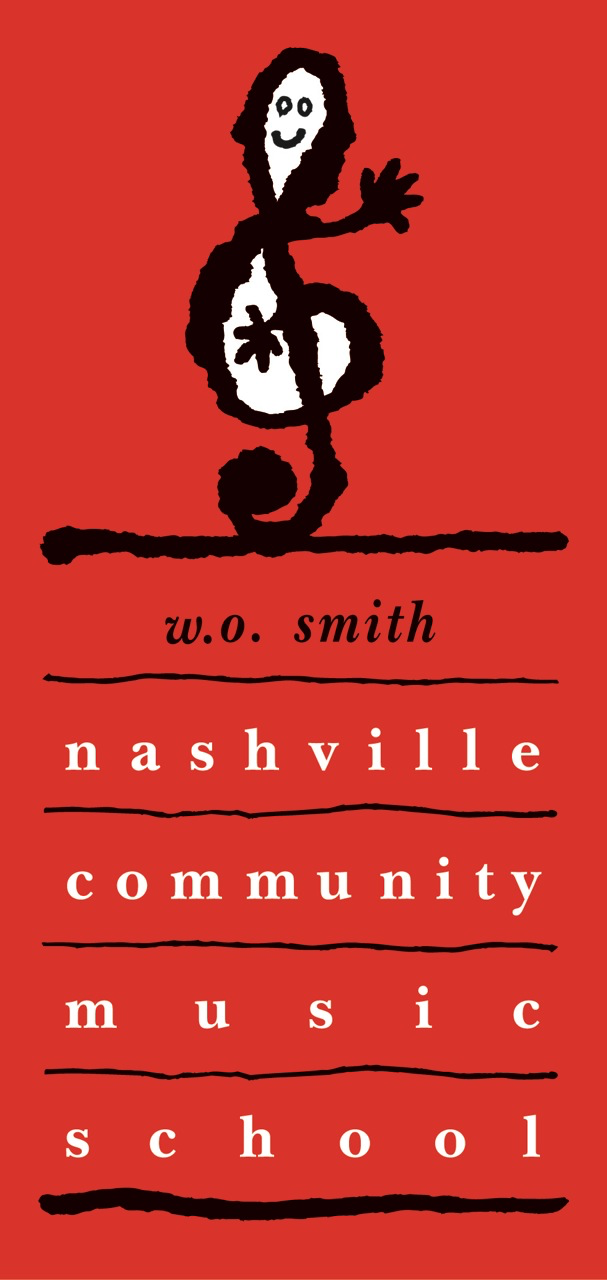Rod McGaha is exactly what working musicians strive to be, a potent combination of virtuosity and unfettered artistic passion. But who are we to say so? Fair question. It has been said by more than a few that the good musicians know who are the good musicians; therefore -
Max Roach (jazz legend): “(Rod is) An important new and original voice.”
Clark Terry (jazz legend): “When I first heard Trees (Rod), I got that same feeling I got when I first heard Wynton . Some musicians just have that thing!”
Jeff Coffin(Dave Matthews Band): “Rod McGaha is a one of a kind musician and has his own identity on the trumpet – an instrument that millions of people play- and that's saying something.”
Kirk Whalum (Grammy award winner): “Rod McGaha doesn't think he has the luxury of ever releasing music he doesn't feel deeply. I for one am glad that he connects us to his heart each time he connects to his mouthpiece.”
Victor Wooten (Grammy award winning bassist) “ Rod is a special talent. Whether playing trumpet, writing, or arranging, he speaks with a voice that is uniquely his own. That is why I use him on my projects.”
Whether you first heard him as the opening act for Take 6 or as one of the featured jazz soloists with Max Roach's critically-acclaimed group, or maybe even as a featured soloist playing in front of the Nashville Symphony Orchestra, one of your first thoughts had to be, “This guy makes playing great look really easy.” That's because Rod has lived a musical life that was founded on consistent, hard work behind the scenes and passionate fun and pleasure on the stage. “If I didn't love playing so much, I would have quit - years ago.”
A native born Chicagoan, Rod McGaha first showed up on Chicago's jazz scene as a young prodigy, during an era when young lions were making more than just a little roar. He constantly comments on how receiving the acceptance and guidance of legendary tenor saxophonist, Von Freeman was very important to him. “When I teach in clinics, I remember how eager I was to get better and how important it was for me to be called one of Von's “horses”. When I teach kids today, I recognize that look in their eyes. I'm just as happy for them, as I was for me. I understand their excitement and their fear.”
Rod is quick to admit that he was blessed to to have garnered the attention of legends like Von Freeman and Clark Terry at a young age, but it is probably most telling that although he received an invite from none other than Wynton Marsalis himself, to come to New York to audition for a spot as one of the newest young lions in Art Blakey's Jazz Messengers, he felt that life was calling him in a different direction, to be a different kind of lion.
By the time he was 22, Rod was busy trying to find “a way” to musically express his spiritual beliefs, while utilizing his knowledge and skills in African American modern improvisation (or as it is better known as, Jazz). And, apparently that “way” is an endlessly long way. Rod has played concerts in Egypt, Japan, Germany, South Africa, Poland and Mexico. He has played in bands for Kenny Rogers, Bebe and CeCe Winans and was even the music the director for the now alternative rock sensation Shelby Lynne. One could just list the stages on which he's played (Carnegie Hall, Lincoln Center and Chicago's legendary Jazz Showcase, to name just a few) and come to the conclusion that his has been a complete musical life. But Rod says the music is the only thing that really matters. “If I can make someone feel something through my music, then I know I'm doing it right. I want people to feel the way I felt listening to Clark Terry. I remember, I was listening to a recording of Clark Terry and it gave me great joy. He made me happy just with his music alone. That's the power of music!”
And, it is Rod's power in music that led the New York Times to proclaim that his album Preacherman was one of the top ten albums deserving greater recognition. Not one to ever rest on past achievements, Rod McGaha has continued to write and perform music that is both contemporary, and yet classic in some nature. Traveling the world and playing with such a diverse group of musical talents spurred him to create the well received United For Peace Orchestra, a 22 member juggernaut of a band, amalgamating over 7 different nationalities. “Being on stage with that band was like being on stage with an encyclopedia Britannica. There was knowledge and culture coming in from all different directions and the audience was just as inspired by it as we were.” But complexity for complexity sake is not Rod's approach. Often, you'll see him onstage using nothing but a plunger and his trumpet, while playing a raw a capella blues. His musical philosophy is one reminiscent of the familiar Nikki Giovanni line, “... people try to speak English instead of trying to speak through it.” Rod's primary goal is to speak through music in a way that brings joy to his audiences. And, as for all the rest? “All the rest is gravy, doc!” All the rest is gravy.

















